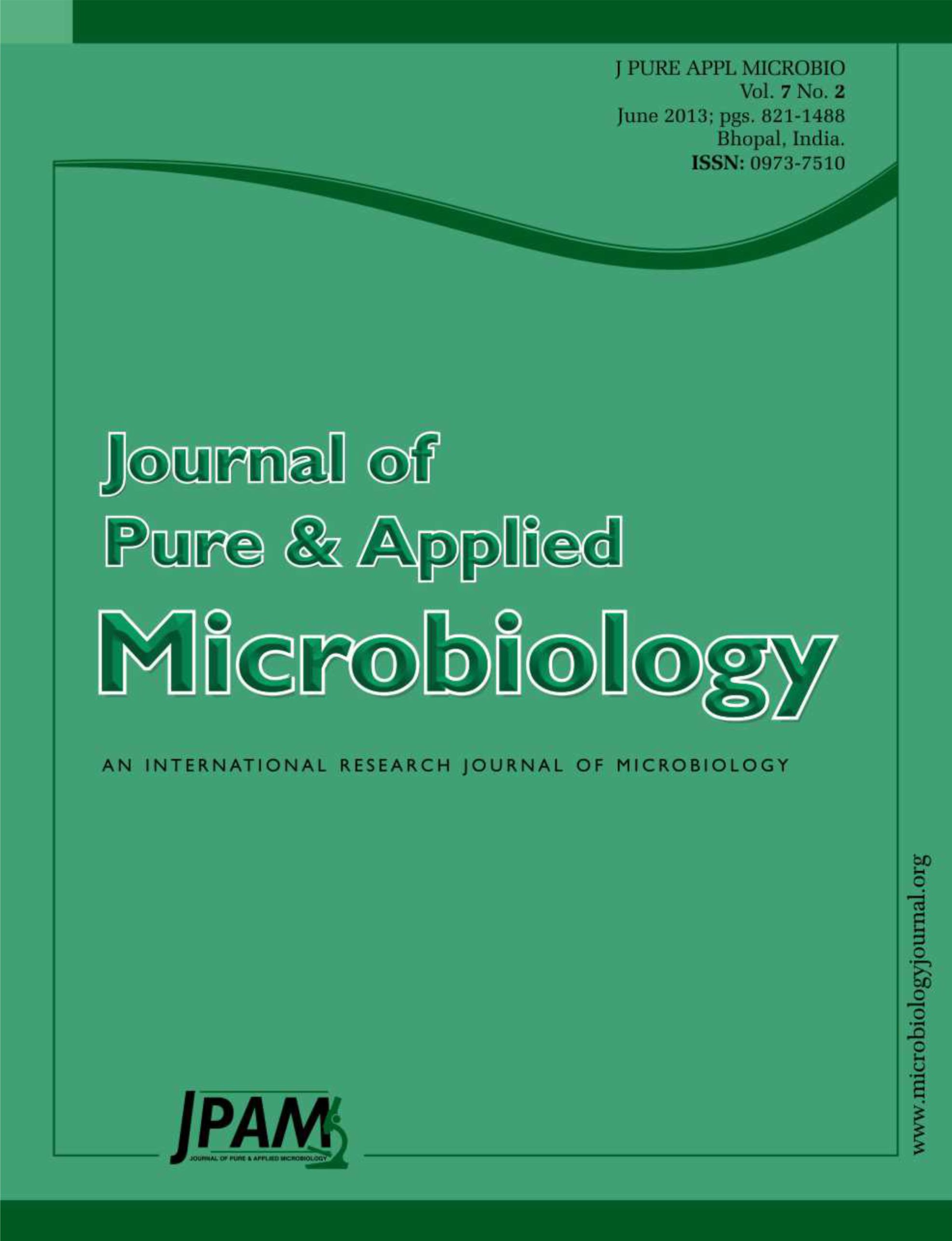Zingiber officinale (ginger) is commercially cultivated in many parts of the world especially in India because of its use in culinary and medicinal purposes. One of the major disease that limit the yield of ginger is the rhizome rot disease caused by Pythium myriotylum. A feasible ecofriendly method is yet to be devised to prevent the plant from this threatening disease. Since there are reports on endophytic bacteria capable of enhancing plant growth both by growth promoting effects and disease resistance, such studies from ginger is very important. In the current study, an endophytically associated Pseudomonas aeruginosa with plant growth promoting properties and activity against Pythium myriotylum was isolated from ginger.
Phenazine, endophytic Pseudomonas aeruginosa, Pythium myriotylum, Plant growth promoting bacteria, Siderophore
© The Author(s) 2014. Open Access. This article is distributed under the terms of the Creative Commons Attribution 4.0 International License which permits unrestricted use, sharing, distribution, and reproduction in any medium, provided you give appropriate credit to the original author(s) and the source, provide a link to the Creative Commons license, and indicate if changes were made.


